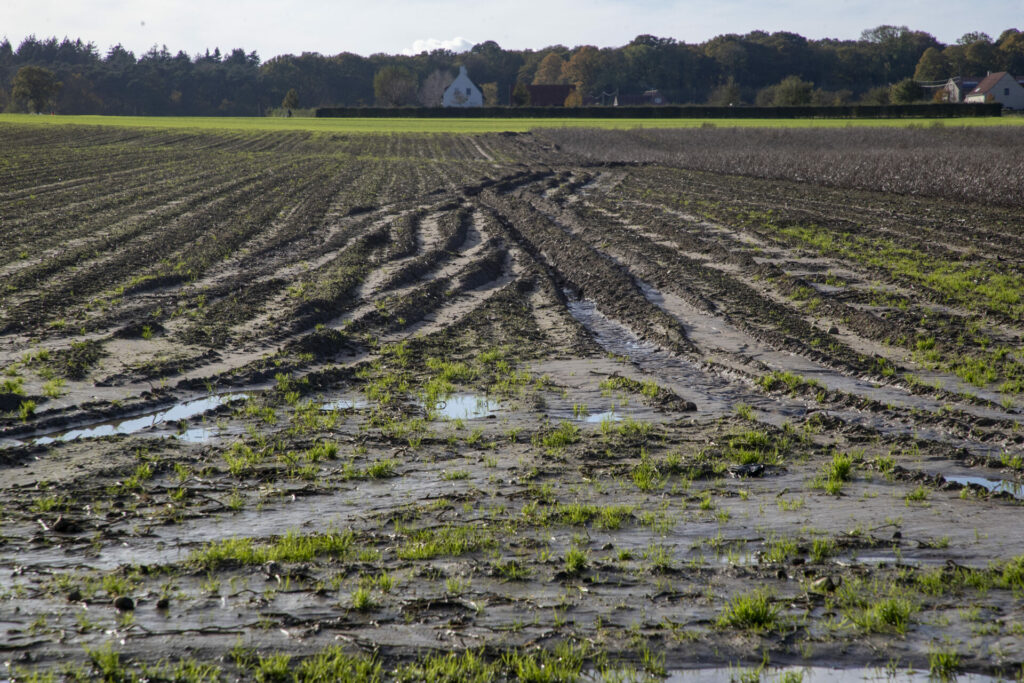Recent freezing temperatures, usually welcomed by farmers for the benefits of controlling pests and restructuring soil, are now causing stress among agricultural communities in the European Union.
The cold spell follows persistent rains since mid-October and above-average autumn temperatures, disrupting traditional farming practices. This situation is exacerbated by the constraints imposed by the new European Common Agricultural Policy (CAP), which enforces strict deadlines for various agricultural activities.
In a recent interview with Le Soir, Marianne Streel, president of the Walloon Federation of Agriculture (FWA), highlighted the challenges posed by the rigid timelines of the CAP, stating that the prescribed schedules for tasks such as sowing do not account for the unpredictable effects of climate change and erratic weather patterns. Streel noted that the recent frost, coupled with the preceding rains, has hindered the timely planting of wheat seedlings, putting farmers at risk of non-compliance penalties or loss of bonuses under the CAP.
Crops going to waste
Daniel Ryckmans from Fiwap, the Walloon potato association, also told Le Soir about the issues in the potato industry. He pointed to the ripple effect of climate change on the tuber harvest, explaining that delays in planting due to spring rains have disrupted the entire cultivation process. Continuous autumn rains further delayed harvesting, leading to difficulties in accessing the remaining potatoes, beets, and chicory. Approximately 5% of potatoes, amounting to around 4,000 hectares, remain unharvested.
Ryckmans emphasised the contractual implications for farmers supplying the frozen French fry industry. Contracts negotiated as early as February 2023 may need to be revisited on a case-by-case basis for those with potatoes remaining in the fields. The freezing temperatures, reaching as low as -10°C, pose a threat to unharvested potatoes. The protective mounds may not be sufficient to shield them from extensive damage, rendering the potatoes unsuitable for consumption.
Related News
- Glyphosate: EU allows use of controversial herbicide for another 10 years
- On the road with DOVO: The bomb disposal experts dealing with Belgium's Iron Harvest
The consequences of these weather-related challenges extend beyond the current harvest season. Ryckmans expressed concern that the delay in harvesting will have a cascading effect on the subsequent planting of wheat, disrupting the agricultural calendar.
While some within the producers' community adopt a fatalistic perspective, acknowledging weather as an inherent risk in farming, Marie Poncin, spokesperson for the producers' college, was pragmatic when she spoke to Le Soir. Winter planting is deemed impractical, but Poncin acknowledged the benefits of frost for fruit trees, provided it does not persist for an extended period.
As European farmers grapple with the intersection of EU agricultural legislation and the realities of climate change, the need for adaptive policies becomes increasingly apparent.

